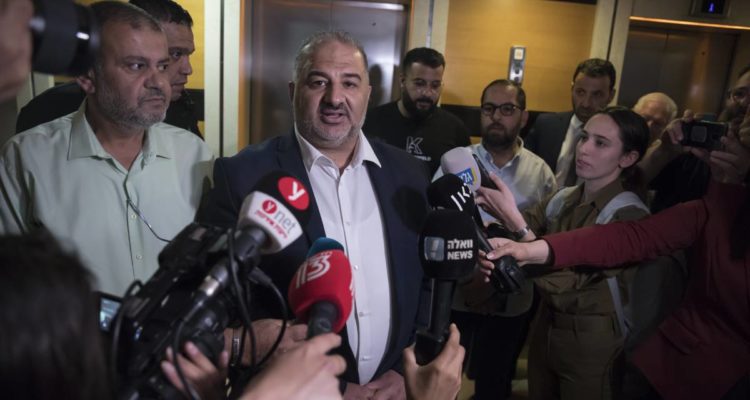Something momentous happened in Israel on Wednesday that could have a major impact on Jewish-Arab relations.
I don’t just mean the ousting of the far-right Israeli Prime Minister Benjamin “Bibi” Netanyahu, pending ratification by the Knesset. Israel’s longest serving premier, from 2009 to the present and 1996-1999 before that, Netanyahu had clung to power with Trump-like tenacity through four indecisive elections in two years – and seemed headed for a fifth before he was unable to put together a coalition with a majority of seats.
At the last moment, eight Israeli political parties from right, left and center – some with totally contradictory ideologies – managed to pull together a governing majority on Wednesday, united by their intense dislike of Netanyahu. The new prime minister will be Naftali Bennett, head of a small religious nationalist party, who styles himself as more right-wing than Bibi and opposes any Palestinian state.
So what has happened that could strongly affect Jewish-Arab relations? The kingmaker in forming the new government was a Palestinian citizen of Israel, Mansour Abbas, whose conservative Islamist party, the United Arab List (known as Ra’am) won four seats.
This will be the first time that an Arab party will be an actual partner in an Israeli government.
Read the article by Trudy Rubin in The Canberra Times.

